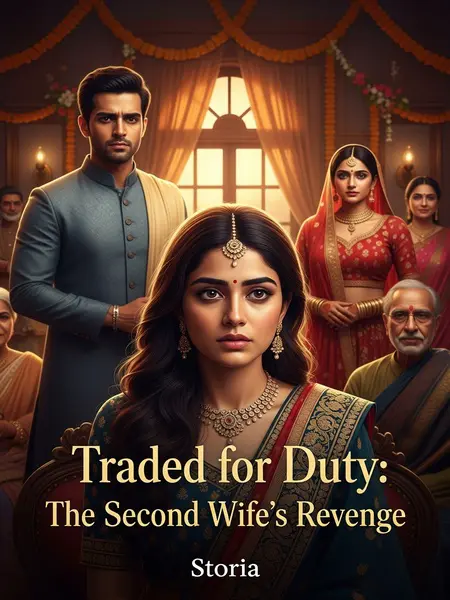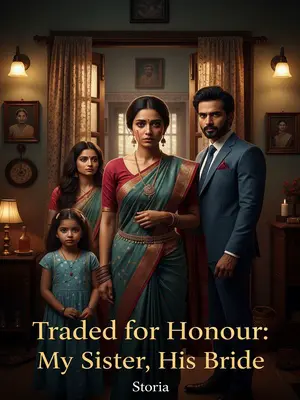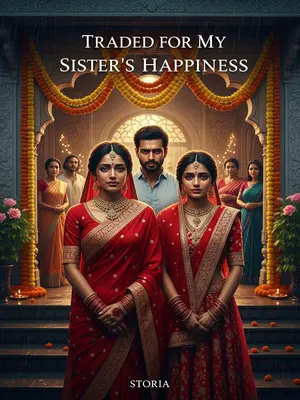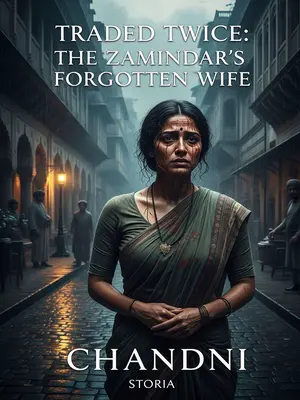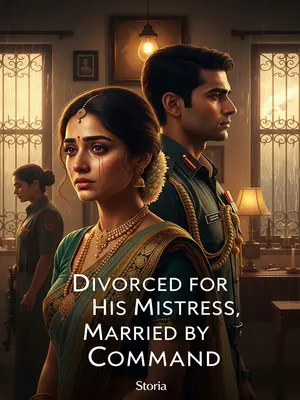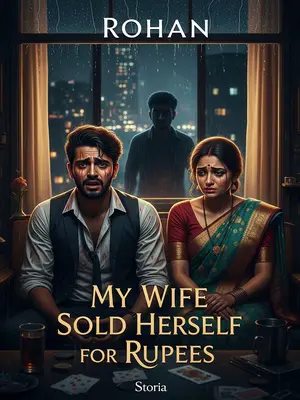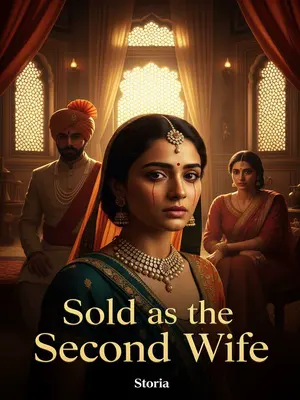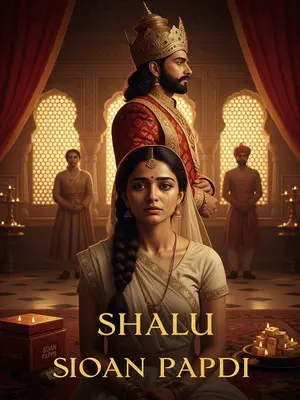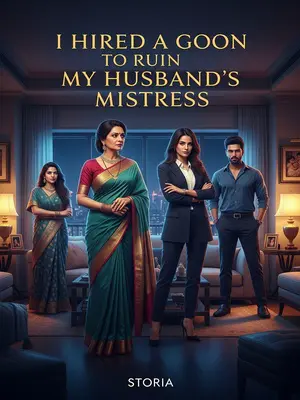Chapter 3: Drawing Boundaries
Arjun was still standing outside the screen, waiting for me to lower my head as usual. When I didn’t respond for a long time, his tone grew a bit impatient.
His foot tapped softly against the marble, a small sign of his irritation. I could almost see him running a hand through his hair, the way he always did when things didn’t go as he expected. The silence between us stretched, thick as the Lucknow heat.
“Priya.”
The name hung in the air, heavy with expectation and a hint of command. It sounded strange, almost formal, coming from him. For a moment, I felt like a stranger in my own house.
I didn’t want to say anything more to him. I lowered my eyes and replied indifferently, “I haven’t overthought it. I’m a bit tired today. Arjun bhaiya, please go back first. My leg is injured, so I won’t see you off.”
I made sure to use the word ‘bhaiya’—that thin line of formality, carefully drawn. My voice was cool, even as my heart pounded. The word tasted bitter in my mouth, but it did its work: a gentle push, a reminder of boundaries.
Only then did Arjun remember that my leg had been hurt by him. He fell silent for a moment.
There was a flicker of guilt in his silence—a rare admission, though he would never say it aloud. I heard him exhale softly, the sound almost lost in the ticking of the clock.
“Your leg… is it alright?”
His concern sounded perfunctory, almost forced. Still, for a second, I saw a sliver of the old Arjun—the one who would tie my shoelaces after kabaddi practice, fussing over small scrapes and bruises.
“It’s fine. No need for you to worry.”
I spoke with finality, not letting him in. I could feel the burn behind my eyes, but I kept my chin up. Outside, a koel called from the neem tree, its song piercing the hush.
He still wanted to say something, but just then a maid pushed open the door, holding a thick folder in her hands.
“Didi, this is the dowry list prepared by Madam. She asked me to bring it for you to look over.”
The maid bobbed her head, eyes lowered, as she set the folder on the centre table. She smelled faintly of mustard oil and sandalwood soap. For a moment, the seriousness of the moment was punctured by the mundane reality of wedding preparations.
My marriage to the Sinha family was set for three months later. It was a bit rushed, but it was the most auspicious date in the past two years.
Relatives had already started calling, eager for details—the caterer, the venue, the band. In our circles, a good muhurat was non-negotiable, even if it meant a little haste. My mother insisted, ‘Shubh kaam mein deri nahi karni chahiye, beta.’
Before I could reply, Arjun spoke first, his tone cold and slightly reproachful. “Priya, before Meera’s marriage is settled, I will not marry.”
His words landed like a stone. Once, they would have reduced me to silent tears. Now, they seemed almost theatrical—a declaration of virtue that masked something colder underneath.
If I had heard this before, I would have secretly shed tears, feeling wronged that even my own marriage had to make way for Meera, yet not daring to object for fear of Arjun’s so-called ‘gentlemanly conduct.’
I remembered nights when I’d cry quietly under my blanket, careful not to let anyone hear. My pride wouldn’t allow me to complain; after all, what right did I have to demand anything?
But now, I simply imitated the manner of those in Mumbai, smiling as I praised him: “You’re truly noble, Arjun.”
My tone was light, almost mocking, but he did not notice. Sometimes, the best armour is a borrowed smile. I met his gaze with a steadiness I didn’t know I possessed.
